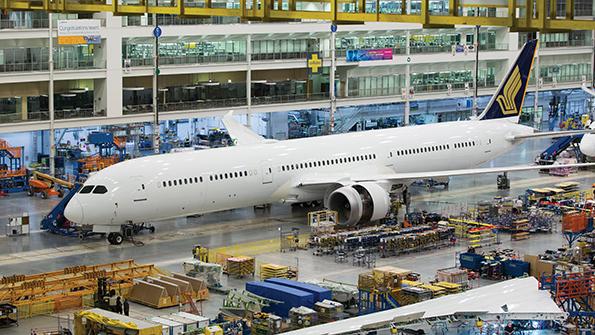
Ask the Editors: The Aviation Week Network invites our readers to submit questions to our editors and analysts. We’ll answer them, and if we can’t we’ll reach out to our wide network of experts for advice.
Do you anticipate a shortage of commercial widebody aircraft in the mid-2020s as operators continue to park or retire excess older airplanes?
Aviation Week Executive Editor, Commercial Aviation Jens Flottau answers:
Airbus and Boeing were producing widebodies at rates that were arguably too high even before the COVID-19 pandemic. The market for long-haul aircraft has been weak for several years, and Boeing was slow to adjust 787 rates in 2019 after expected orders from China failed to materialize. Airbus also stuck to its strategic goal of producing 10 A350s per month as it ramped up production. The rates have now been adjusted, but many analysts believe they are still high and provide more capacity than the market currently needs.
A shortage of widebody capacity is unlikely in the foreseeable future, though a faster-than-expected recovery of the long-haul market could, in theory, lead to a shortage. Aircraft types that are now facing permanent retirement, such as the Boeing 747-400 and 767 and the Airbus A340, would have been phased out in a few years even without the pandemic.
Airlines have largely accounted for that replacement need with orders for A350s (British Airways, for example) or Boeing 787s and, to a smaller degree, Boeing 777Xs (which will replace the 747-400s at Lufthansa). Newer aircraft that are temporarily parked can be brought back into service. The current A330 fleet is still relatively young—which is one of the reasons sales of the A330neo are so weak—and many of these aircraft can therefore be reactivated if necessary.





